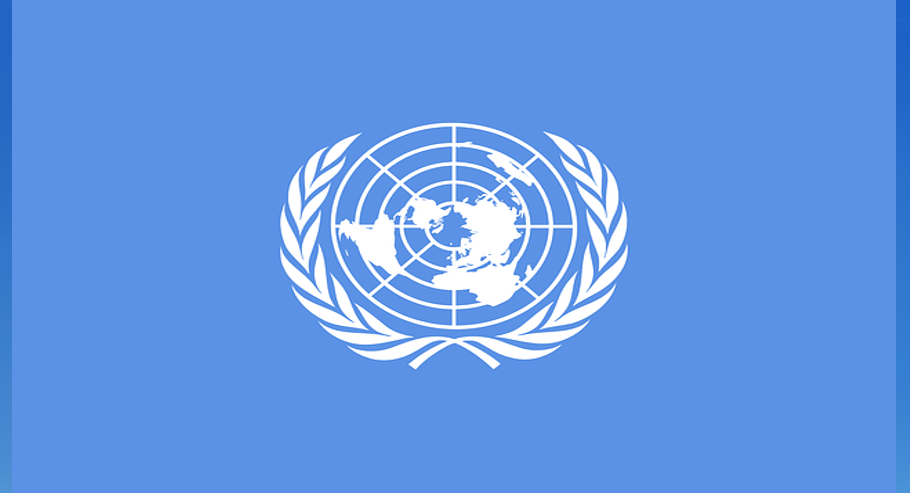April 2025 – The United Nations has issued a stark warning about the deepening humanitarian crisis in Myanmar following twin earthquakes that struck the country on March 28, killing over 3,500 people and injuring nearly 4,000.
According to Titon Mitra, the UN Development Programme (UNDP) regional representative, the earthquakes caused widespread destruction across several regions, damaging homes, critical infrastructure, roads, and water and sanitation systems. Thousands of people have been displaced, many now living in makeshift shelters, open spaces, and car parks, too afraid to return to unstable buildings.
Mitra warned the situation is deteriorating rapidly as access to clean water, healthcare, and shelter is severely compromised. “Hospitals are overwhelmed,” he said, citing shortages of medical supplies and staff, with outbreaks of cholera, typhoid, and hepatitis emerging in the quake’s aftermath due to unsafe living conditions and poor hygiene.
“This is no longer just a rescue mission—it is a humanitarian emergency that is quickly spiraling into a health disaster,” Mitra said during a UNDP briefing, as reported by Jurist (April 2025).
Conflict Hindering Aid Access
Efforts to deliver aid are being severely hampered by Myanmar’s ongoing civil conflict, which has escalated since the military coup of 2021. Armed clashes between junta forces and ethnic resistance groups continue even in quake-affected areas, raising grave concerns about the obstruction of aid and the protection of civilians.
Despite the scale of the disaster, reports indicate that the military has not halted airstrikes, even in regions devastated by the quakes. The UN has urged for an immediate ceasefire to facilitate humanitarian operations.
Mitra stressed that any aid coordinated through state authorities must reach all regions, including those under opposition control.
“With an active civil war, we must ensure humanitarian assistance is not politicized or used to punish resistance-controlled areas,” he added.
Storms Could Compound the Crisis
The situation is further threatened by an incoming weather system. Myanmar’s meteorological department has forecast heavy monsoon rains and strong winds through Friday, which could exacerbate landslides, disease spread, and hamper emergency operations.
The March earthquakes have intensified a crisis already worsened by years of conflict, economic collapse, and systemic human rights violations, including continued persecution of the Rohingya minority and forced displacement of millions.
UN Appeals for Global Response
The UN is calling for coordinated international support, warning that without immediate assistance, millions are at risk. Agencies have urged countries and humanitarian partners to scale up efforts in Myanmar and press for unhindered access to all affected regions.
Sources:
- Salma Ben Mariem, Jurist.org, Faculty of Law and Political Science of Sousse, TN
- UNDP Press Briefing, April 2025
- Myanmar Meteorological Department Forecast, April 10, 2025
- UN Human Rights Office, 2024-2025 Reports on Myanmar



